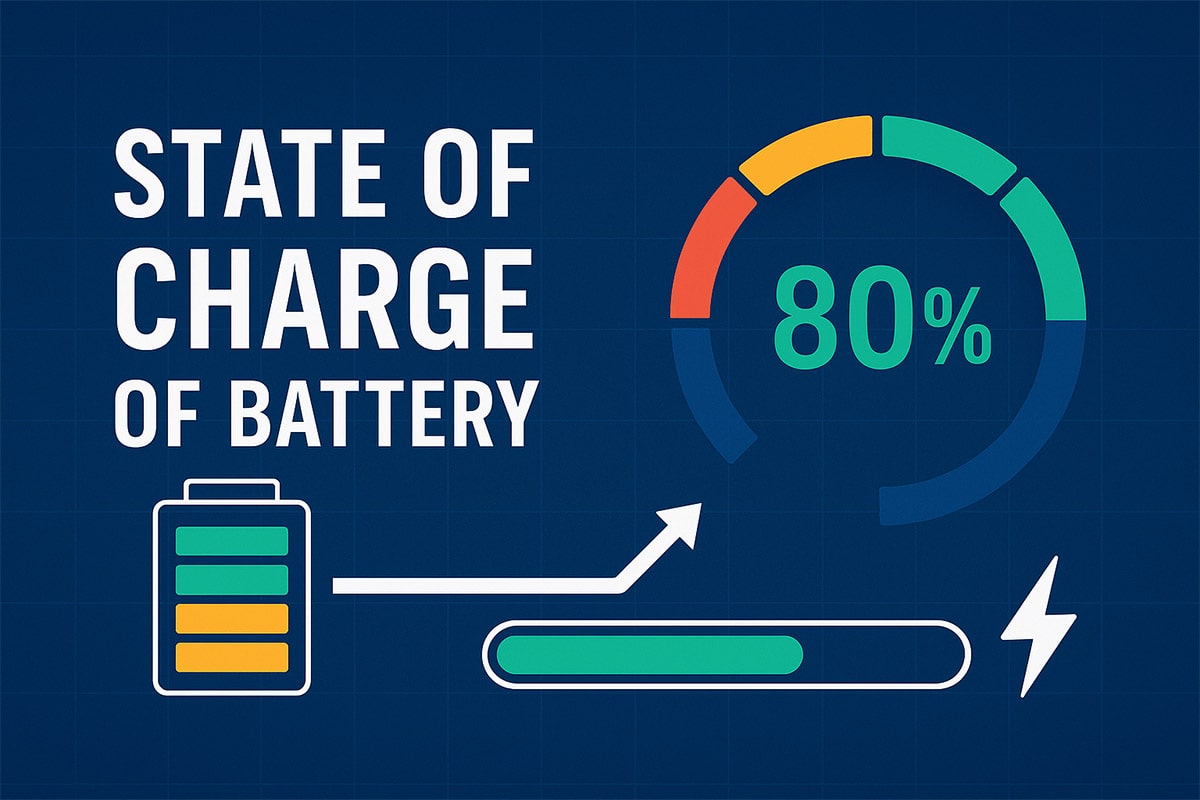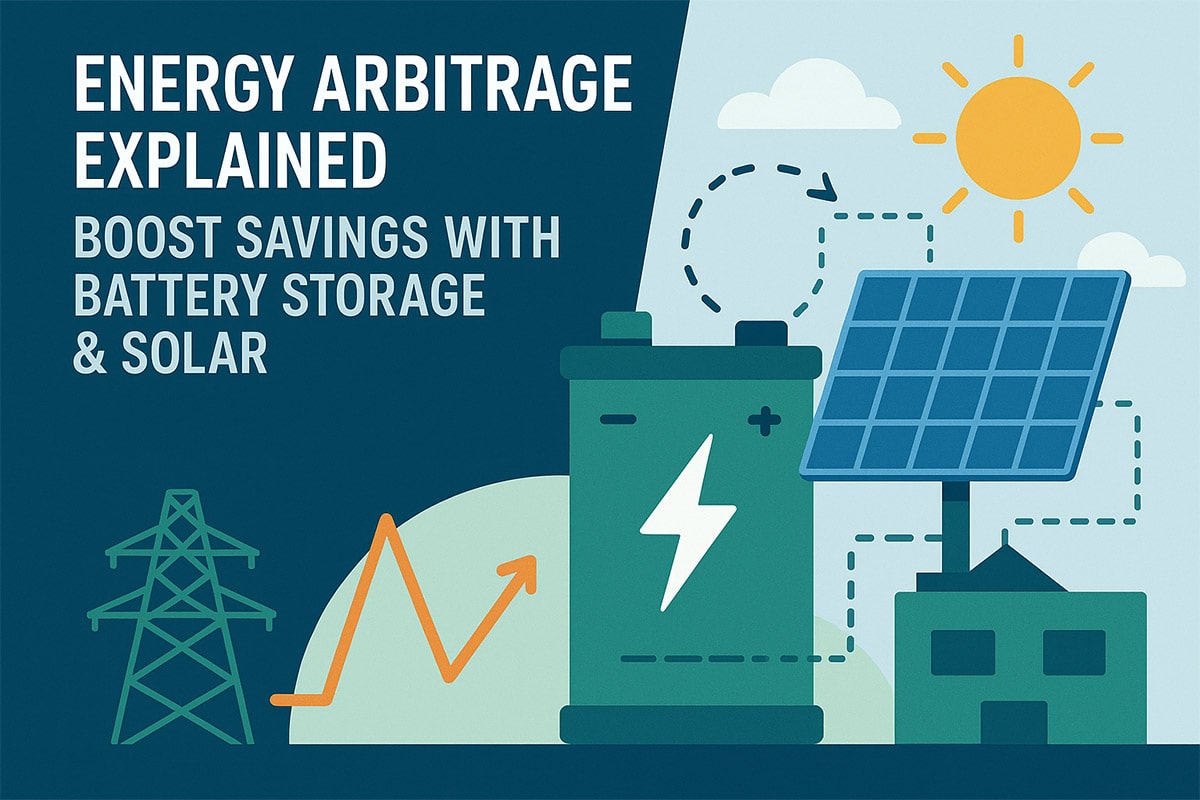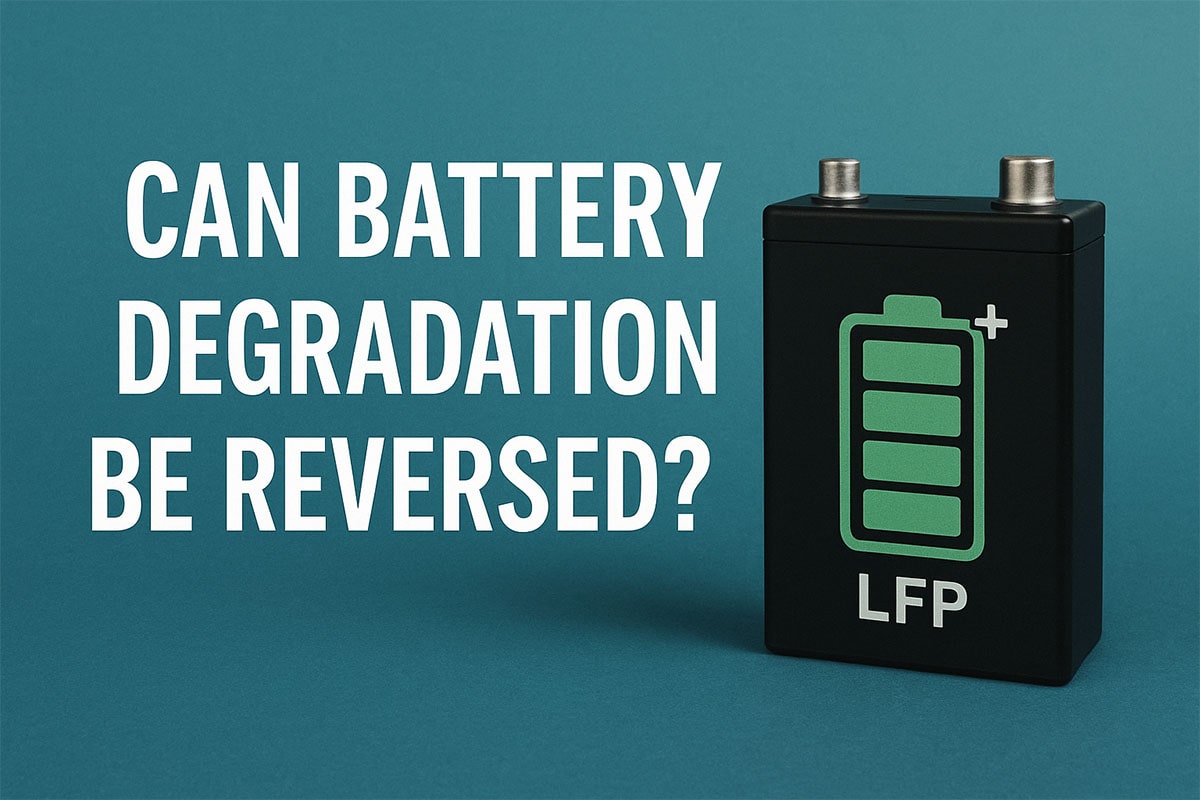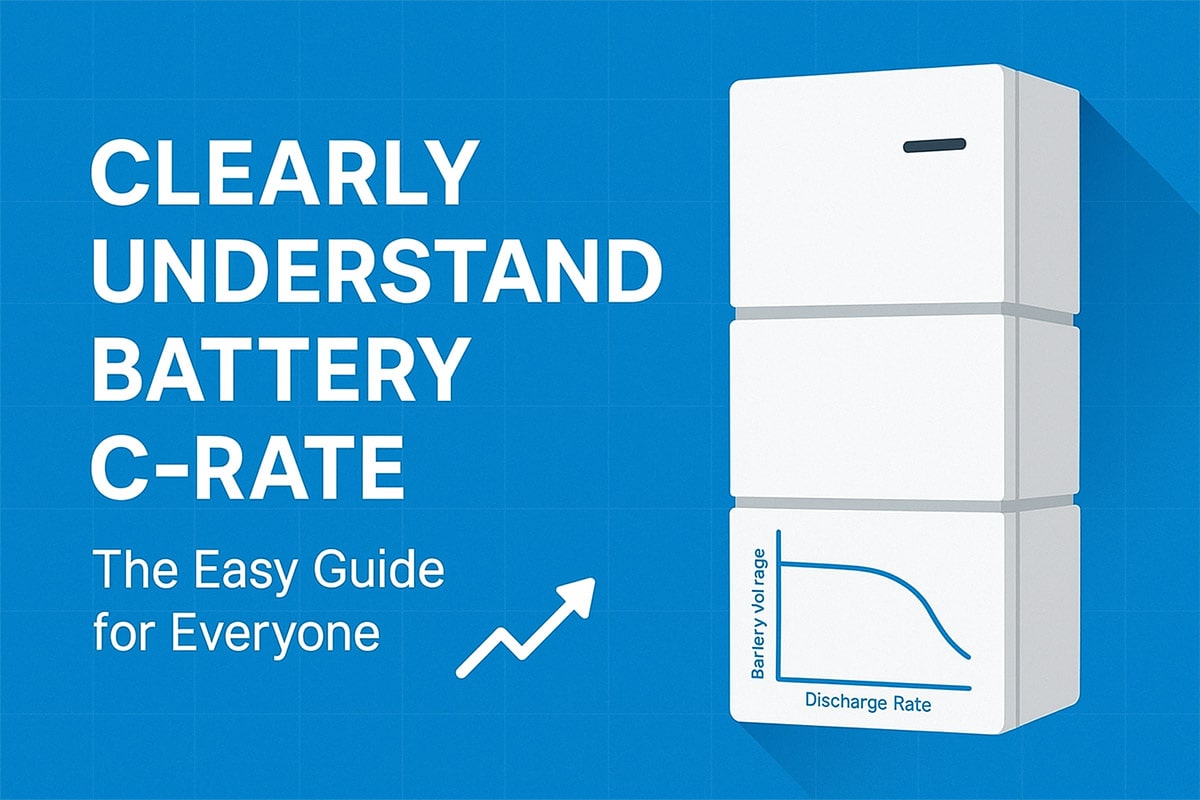Lithium Battery or Lead-acid Battery Which is Better
Lithium Battery or Lead-acid Battery Which is Better
At present, lithium batteries and lead-acid batteries are commonly used battery types. Lithium batteries are characterized by high energy density and long cycle life, and their cost is constantly falling. Lead-acid batteries have lower energy density, shorter cycle life, and higher cost.
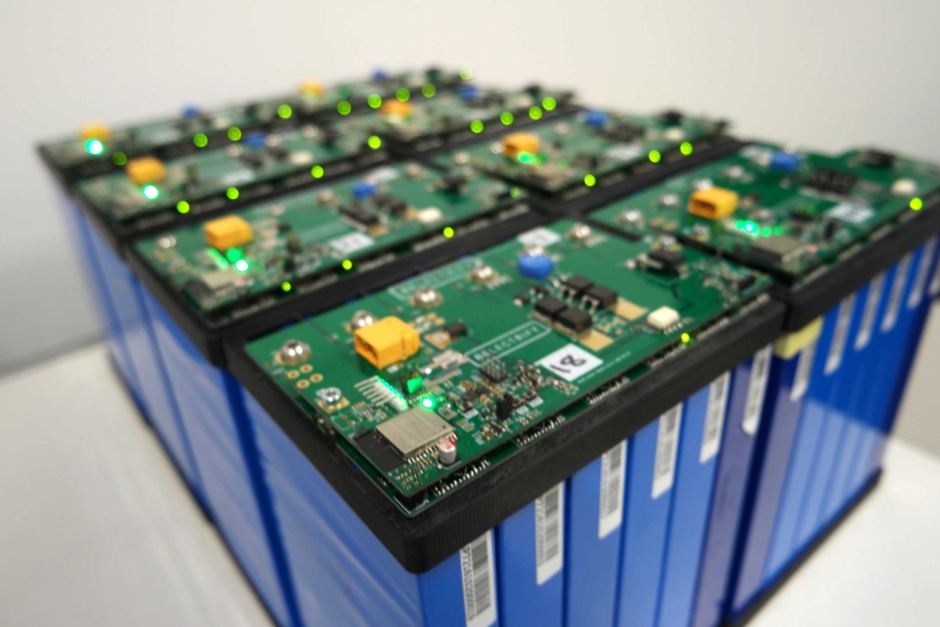
1. Advantages of lithium batteries
Lithium batteries have high energy density and long cycle life, and are currently the most ideal power batteries. Its advantages are mainly manifested in the following aspects:
- Lithium batteries have high energy density and long cycle life. At present, the energy density of lithium batteries has surpassed that of traditional nickel-cadmium (Ni-Cd) and nickel-metal-hydride (Ni-MH) batteries, and its cycle life has also exceeded that of traditional batteries.
- Lithium batteries are low cost. With the continuous development of industrial production, the cost is gradually reduced.
- Lithium battery has good safety performance. At present, most lithium batteries on the market adopt safety protection circuits, so the safety performance is better during use.
- The lithium battery can be charged quickly.
2. Advantages of lead-acid batteries
The rise of electric vehicles has brought renewed attention to lead-acid batteries, which have excellent energy density and cycle life at a lower cost. Lead-acid batteries are currently one of the most dominant EV battery types.
- High energy density
Lead-acid batteries have excellent energy density, and the energy stored per unit volume can reach 200-300Wh/kg, which is much higher than other major electric vehicle battery types. In this way, if the power source of the entire electric vehicle is changed from a traditional engine to a lead-acid battery, not only can the overall weight be reduced, but the cruising range can also be significantly increased.
- Long cycle life
Most of the lead-acid batteries currently used in the market are closed cycles, and the cycle life can reach 2000-3000 cycles under normal conditions. For some specific applications (such as aerospace and military industries), this life is quite enough.
- Obvious cost advantage
Most of the lead-acid batteries currently used in the market are semiconductor-type products, and the cost is generally around 1-2 yuan/W. With the continuous improvement of industrial production and the decline of material costs, the cost advantage will gradually emerge.
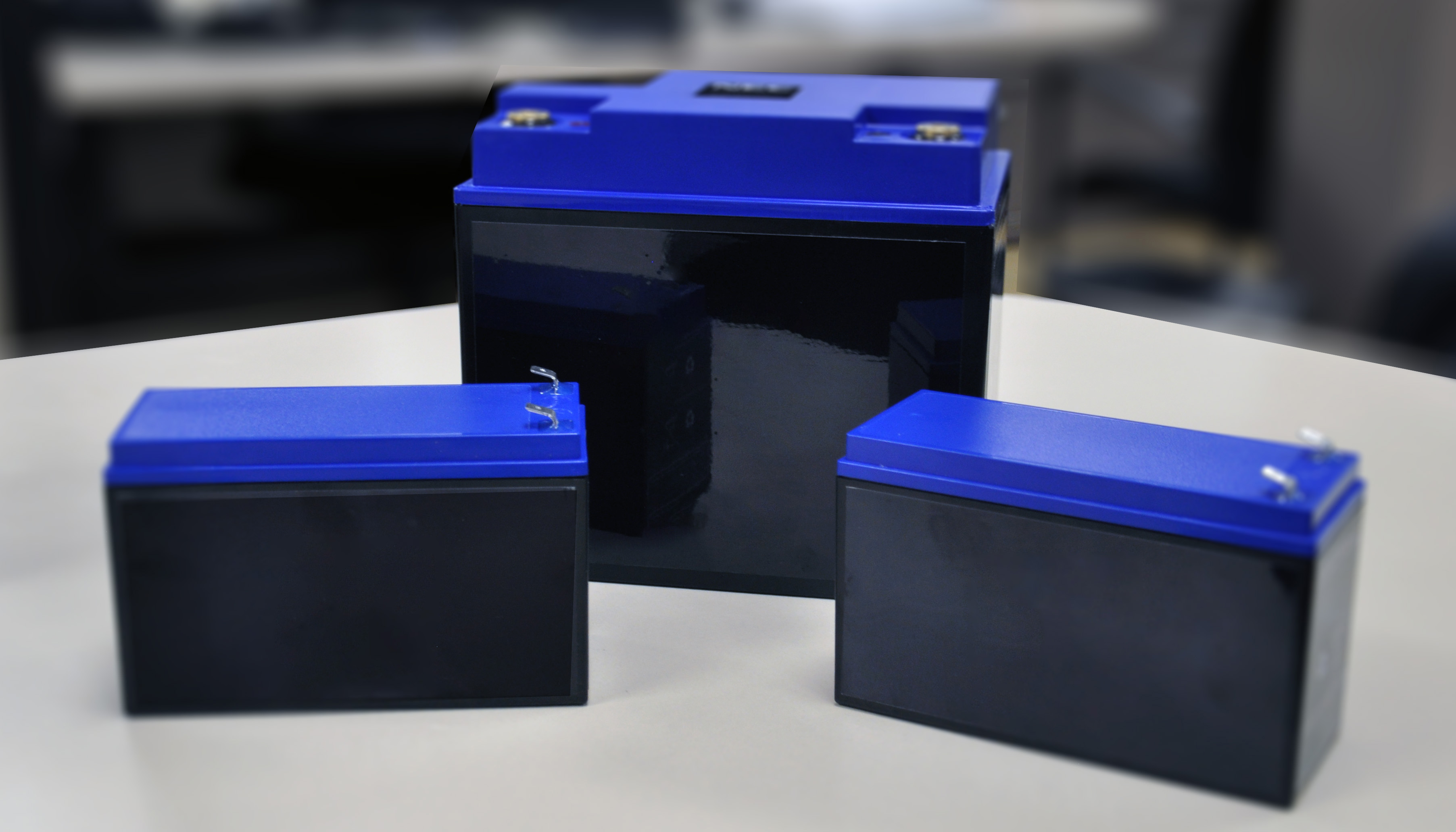
3. Which is better, lithium battery or lead-acid battery?
The two most widely used battery types on the market today are lithium batteries and lead-acid batteries. Lithium batteries have a strong energy density, so a large current can be obtained. But it also has less cycle life and is more expensive for most applications. In contrast, lead-acid batteries have better cycle life, but their energy density is lower.
So, if you have to choose a battery type, you will usually choose lead-acid batteries. But this does not mean that lithium batteries cannot be used as an advantageous choice. If you want to use a battery with a very high energy density to achieve a specific goal, such as high-power fast charging, you can consider using lithium batteries.

